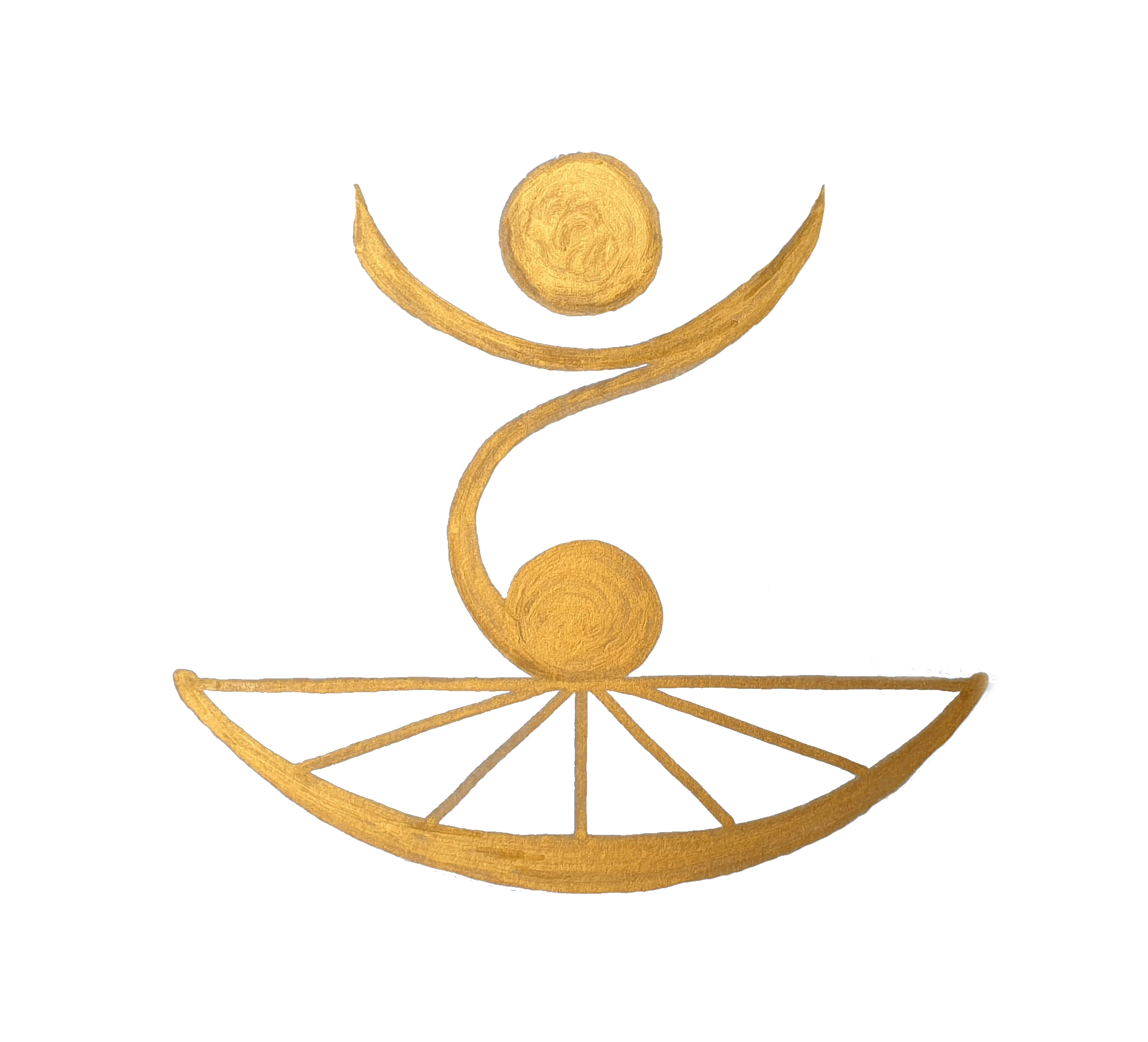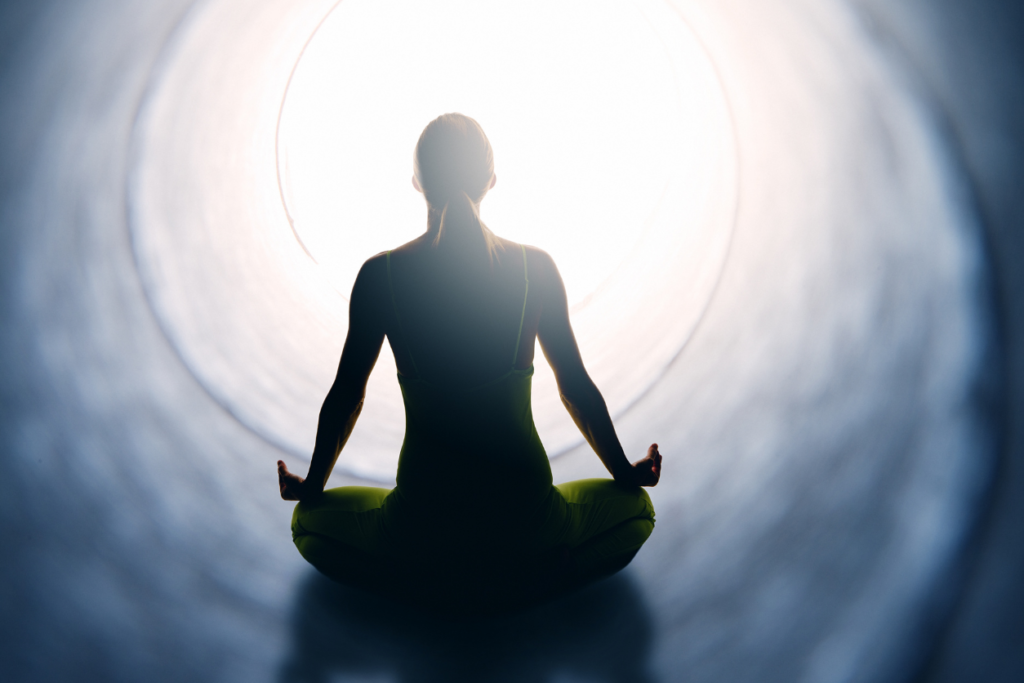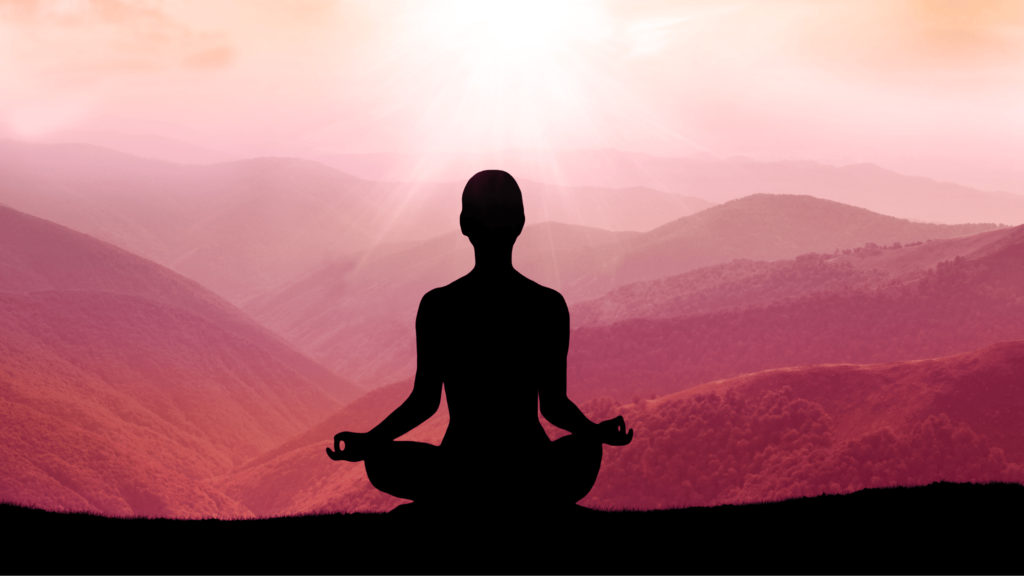3 Escapes From Reality
We don’t know who we are and we are disconnected from our true nature. This unknowingness rests at the very root of our being. This is the one grave and constant of just being alive. This being the case is it any wonder that our minds give us so much difficulty and are prone to being fear based even without the adversities we all must face. So how are we to deal with the underlying discomfort of just being alive and the inherent difficulties of living a life? Learn more about Energy Healing, Muscle Testing & Mental Clarity.

As humans we all have an innate insatiable desire for comfort, safety, and security. Early on we develop strategies to control our environment we think will keep us safe and keep us comfortable. Even though these strategies can work in the short term they end up instead reinforcing our disconnection; keeping us from our True Selves. The more we pursue the control strategies we have developed to provide the answers to our lives, the more we reinforce the small self, increasing our alienated separate self. In short, the energy spent trying to maintain the illusion of control, narrow our lives and the further we drift from reality and our true nature.
The three primary detours of reality summed up here are analyzing, fixing and blaming. Most of us tend toward some combination of all three. These three make up the habitual grooves we get mentally stuck in while spinning the thoughts that make our world.
My own personal favorite detour from reality has been in analyzing. It was and continues to be so reflexive I still find I can default back into this tendency all too easily. In a journal I once kept I even lamented “if only I just had a mind keen enough, brilliant enough, I could figure all this out and problem solve my life. Oh to have god like understanding!” As someone prone to such analyzing, “Why” became my minds home base. Fortunately for me when I first entered Zen practice and heard my teacher phrase the teaching question “what” I instantly recognized what was wrong with my incessant questioning with why. Resting with “what is the nature of this” opens up our ability to see the nature of things. It is not by asking why and acquiring new knowledge but rather by the removal of our normally contracted state that we come to comprehend our questions true nature. Why only takes us back deeper and deeper into our old story lines and keeps us stuck there. Ask what and the world opens up. Still it is important when asking what to not let the mind spin. Remember do not analyze. Just form the intention to understand the nature of an issue by asking the question what is the nature of this and then let it go. Clear the mind. Refocus. Feel the breath going in the nose and going out. Become aware of the space in the room. Feel all the separate parts of the body; knowing that silence is a great teacher. This method of inquiry forces us to confront the what of our experience. The truth is we will never figure life out by asking why. Most often we just don’t know. A famous and my absolute favorite koan is “not knowing is most intimate.”
Our next reflexive detour is in our wanting to fix things. Just as soon as a problem arises we want whatever it is that makes us uncomfortable to go away. Automatically we ask “How can I fix this?” We may respond with an aggressive straight forward meeting the difficulty head on (in order to fix it now) approach, we may just close down or collapse, or we may get caught up in blaming. My own tendency is to meet the matter head on. Logic tells me there must be a how to step by step method guaranteed to get what I want. If you just do things right you will get the right result (The business world in very much invested in this approach). But sometimes things happen that we don’t like but just are. It may not be because something is wrong or, because we did something wrong. It seems to take a lot of failure for us to lose faith in trying harder.
The less aggressive strategy of closing down or collapsing under pressure when confronted with difficulty, prompted Freud to theorize his death instinct and Wilhelm Reich to theorize the masochistic character structure. It is one of the most difficult tendencies to overcome.
Still others worry obsessively or bury themselves in diversions such as staying busy or loosing themselves in entertainment. Even a misuse of meditation can become a form of escape when it is used to create an artificial sense of calm. Learn more about Energy Healing, Muscle Testing & Mental Clarity.
While most of us recognize at least in others, the fruitlessness of blaming, do not under estimate how subtle this trap can be. I had not thought of myself as one who tended terribly toward blaming but it took entering into a student teacher relationship as part of my Zen training to really recognize just how vigilant we need to be with ourselves. With my teacher I struggled with how to view financial difficulties and exacerbating this difficulty, I presented an issue with someone who had stolen $10,000.00 from me. In this situation my teacher strictly prohibited my focusing on the guilty other party. The focus and instructions on how to be with this was about me and my practice only. In this context my umbrage at the unfairness became palpable. Blaming is juicy and compelling in a way that without the discipline of practice and the student/ teacher relationship I undoubtedly would have been spinning in rage at the unfairness I suffered far longer than without this guidance.
Equally troublesome, is the hurt we feel when we are criticized? To criticism we have an emotional reaction, usually hurt. But adding to the fresh hurt are past hurts that inevitably reinforce our present feeling. This causes the present situation more hurt than is warranted. Sometimes a lot more. The purpose served by blaming and justifying is that it serves to keep us from feeling the pain of unworthiness or rejection that the criticism triggers. Blaming always increases our sense of separation, making the separate me-ness never more solid.
The practice counter measure is to feel directly the pain we are trying to avoid. To do this ask yourself what this hurt actually feels like physically. This feeling will be very specific and brings us back to the question “What is this?” Is it an ache in the heart, a quiver in the chest, a queasiness in the belly, or an overall heaviness or rawness in the body?
Whatever your experience of hurt, or any other unpleasant emotion the practice is to stick with feeling the energy coursing through the body, at the same time being careful to cut the story line and give up the temptation of thinking, analyzing and blaming. Instead keep the awareness focused on the felt sense of the body, the breath and surrounding sounds.
With this kind of awareness our personal suffering becomes more porous leading the energy of life to naturally flow through us. Even though staying present with our discomfort is counter intuitive…and it goes against our natural instinct for comfort and safety… it is the only path offers real freedom.



